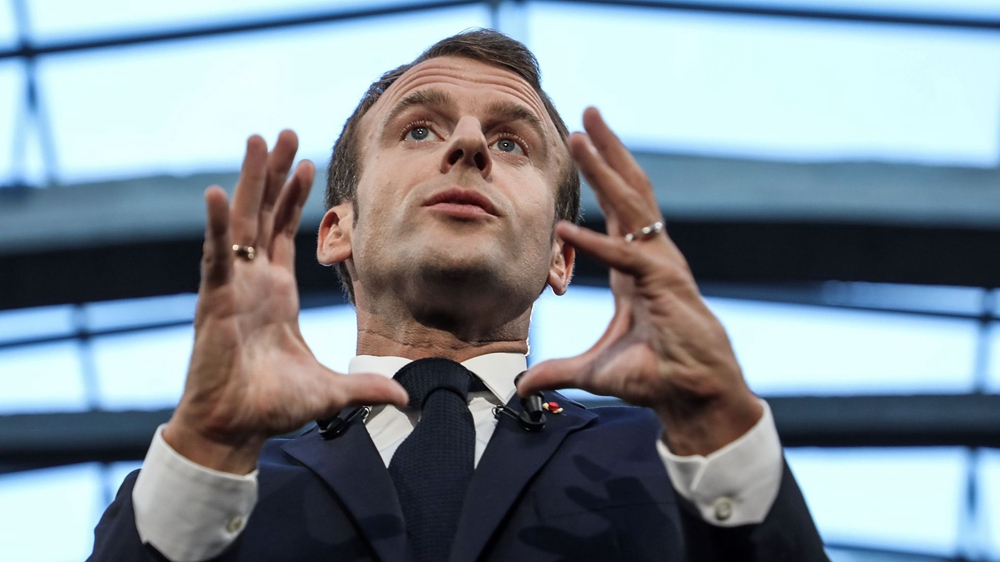
(Photo: CGTN)
President Emmanuel Macron postponed a planned reshuffle of his government on Wednesday, prompting new questions about his ability to keep his administration on track after several resignations and a slump in popularity.
The president and his prime minister have been weighing the reshuffle for a week following the departure of three ministers since late August.
The 40-year-old faces many difficulties in carrying out a significant revamp. Not only must he try to maintain the left-right balance that he made a hallmark of his centrist movement, but he must find strong candidates from among a relatively shallow and inexperienced pool of loyalists.
"The president wishes to take all the time necessary to draw up a team in a calm and professional way," an Elysee official said.
Macron's aim was to build a "skilled and coherent team" to serve the French people, he said.
Ministers had expected the rejig before a cabinet meeting on Wednesday morning. But in the event, the Elysee said it would not happen until after Macron returns from a visit to Armenia late on Friday evening, which is an unlikely moment for a reshuffle.
Sinking popularity and adamant loyalists
Macron's popularity has sunk in recent months, falling to below 30 percent. Voters express frustration with a leader they often regard as arrogant and see as supportive of policies that benefit the wealthy.
Impatience has also grown with the sluggish pace of economic growth and job creation.
Allies have downplayed any sense of crisis inside the administration, saying that even with a reshuffle, there will be no overall shift in policy.
"There is in this majority, in this government, no anxiety, no restlessness," Prime Minister Edouard Philippe told lawmakers during a weekly question and answer session on Tuesday.
"There is a will to stand firm on the commitments made by the president."
Weakened pulling power
In winning power in May 2017, Macron and his En Marche movement demolished France's traditional mainstream parties.
In the wake of his victory, he poached skilled, senior politicians from both poles to build a government that he described as "neither of the right nor left".
But as the luster has worn off his 17-month-old presidency, and the impact of early reforms to the labor code and tax rules have yet to filter through, rivals have sought to depict an increasingly isolated leader with diminished pulling power.
"Macron's ability to attract is pretty weak," hard left lawmaker Alexis Corbiere told BFM TV. "Many are asking themselves: 'what should we do in this mess?' They don't want to be finished politically by becoming a minister in a government that risks descending into crisis in less than a year."
Le Figaro quoted Socialist senator Rachid Temal as saying: "The fact the president has been bogged down by this for a week underlines his weakness on the reserves bench."
While Macron's popularity has fallen, he does not face any challenge to his leadership. His Republique En Marche party holds a commanding majority in the lower house National Assembly, and his presidential term does not expire until 2022.


